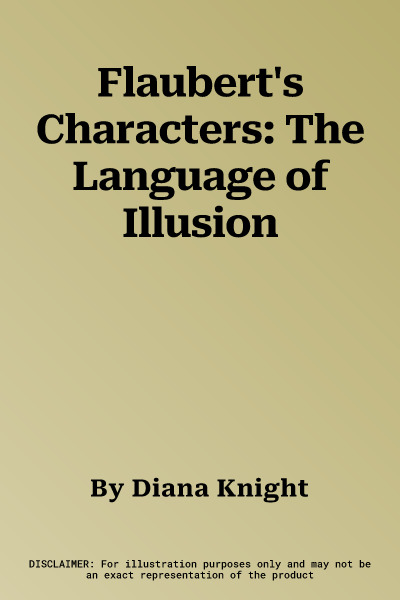Diana Knight
(Author)Flaubert's Characters: The Language of IllusionHardcover, 30 June 1985

Temporarily out of stock
Free Delivery
Cash on Delivery
15 Days
Free Returns
Secure Checkout

Part of Series
Cambridge Studies in French
Part of Series
American Novel (Hardcover)
Print Length
136 pages
Language
English
Publisher
Cambridge University Press
Date Published
30 Jun 1985
ISBN-10
052130475X
ISBN-13
9780521304757
Description
Product Details
Author:
Book Format:
Hardcover
Date Published:
30 June 1985
Dimensions:
21.59 x
13.79 x
1.3 cm
ISBN-10:
052130475X
ISBN-13:
9780521304757
Language:
English
Location:
Cambridge
Pages:
136
Publisher:
Weight:
235.87 gm